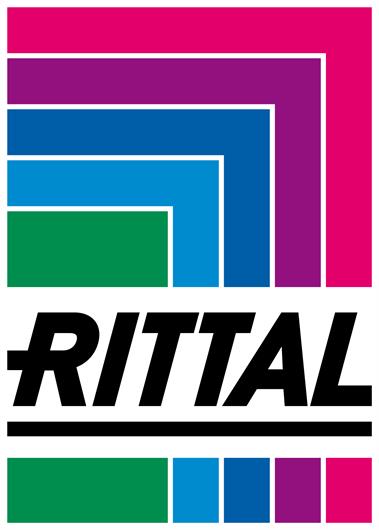 Add My Company
Add My Company

In the digital economy, most businesses, regardless of their size or industry, rely heavily on cloud-based applications and data storage. In most cases, this data is processed and stored in data centres, which include extensive networks of servers and other computing resources. As these facilities operate, they generate a considerable amount of waste heat. If this heat is not properly managed, it can lead to system failure through overheating. Data centre cooling, then, is a vital operation which must be properly implemented as reliance on data centres increases.
What Happens If A Server Room Overheats?
Overheating in a server room can have severe consequences for the hardware stored within it, the first of which is hardware damage, which can cause unscheduled downtime and reduce hardware lifespan. Servers and other computer equipment are designed to operate within a specified temperature range – if the temperature rises beyond this range, components may start to fail. The CPU, for instance, may overheat, rendering the server inoperable. Overheating can also lead to data loss, which may interrupt service for SaaS customers depending on the servers for business-critical applications.
Server Room Cooling Strategies
To avert these issues, it is crucial to monitor server room temperatures regularly and implement the appropriate server room cooling measures to maintain an optimal environment. This may include one or more of the following strategies:
-
Liquid cooling – in liquid cooling, a fluid coolant is circulated around the servers to absorb and remove heat. A variant is direct-to-chip cooling, which involves applying coolant directly to the chip to maximise heat transfer in high-capacity applications.
-
Chilled water systems – these systems use water chilled by an external cooling tower to absorb the surplus heat from the servers. The heated water is then returned to the cooling tower where it is cooled down and sent back to the data centre in a continuous loop.
-
Free cooling – also known as economisation, free cooling is a data centre energy efficiency strategy that draws ambient air from outside the data centre to cool the internal temperature when the external temperature is low enough. This can significantly reduce energy costs on mechanical cooling systems.
-
Immersion cooling – servers are completely immersed in a non-conductive fluid that absorbs heat – this method is particularly effective for high-density data centres without the space for extensive air-conditioning infrastructure.
-
Air conditioning – an air-conditioning unit cools the air in the data centre, which then re-absorbs the heat produced by the equipment.
The Benefits Of Data Centre Cooling On Business Operations
An effective data centre cooling strategy delivers several key benefits that can significantly improve business operations.
-
Guaranteed server uptime: By maintaining an optimal temperature, cooling systems ensure that your servers operate at peak efficiency, guaranteeing the most uninterrupted uptime.
-
Extended hardware lifespan: IT infrastructure represents a significant capital investment for businesses, and overheating can drastically shorten the lifespan of this costly equipment. Effective cooling, therefore, helps to maximise the durability of your IT infrastructure, reducing the need for premature replacement and lowering the lifetime cost of ownership.
-
Energy efficiency: Unmanaged heat and poor airflow in a data centre can lead to inefficient energy use and wasted electricity, driving up costs for the business and its customers. Advanced cooling methods optimise energy use, thereby leading to long term savings on operating overheads.
Find Out More
As the data needs of businesses continue to grow, the thermal management and energy usage strategies of data centres must evolve in step.
To keep a cool head and an even cooler data centre, get in touch with Rittal and we’ll guide you through choosing and implementing the appropriate cooling options. For data centres of any size, we’ve got an industry-leading range of advanced IT housing systems and thermal management solutions.
For more information on How Can Data Centre Cooling Improve Your Business Operation? talk to Rittal Ltd

